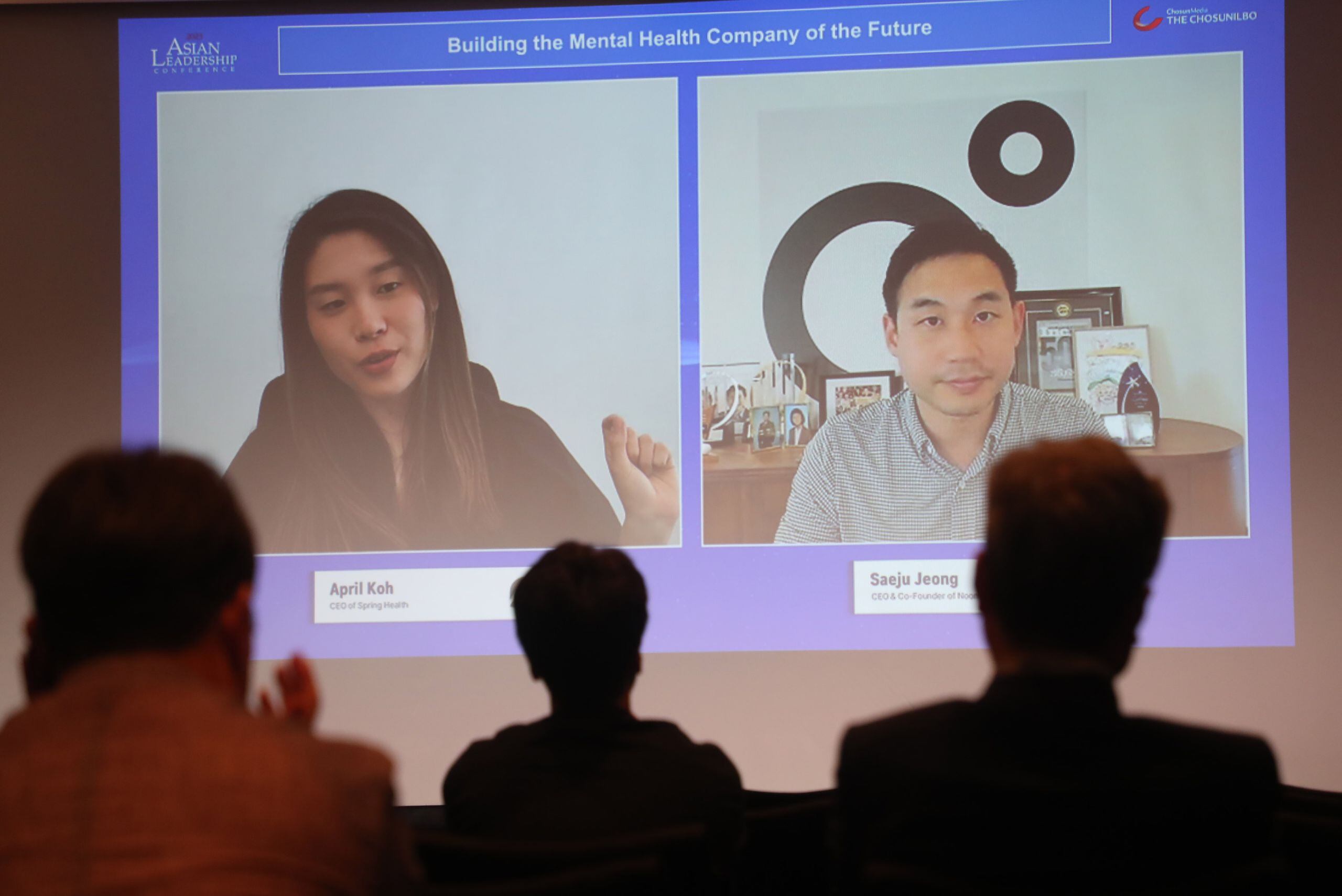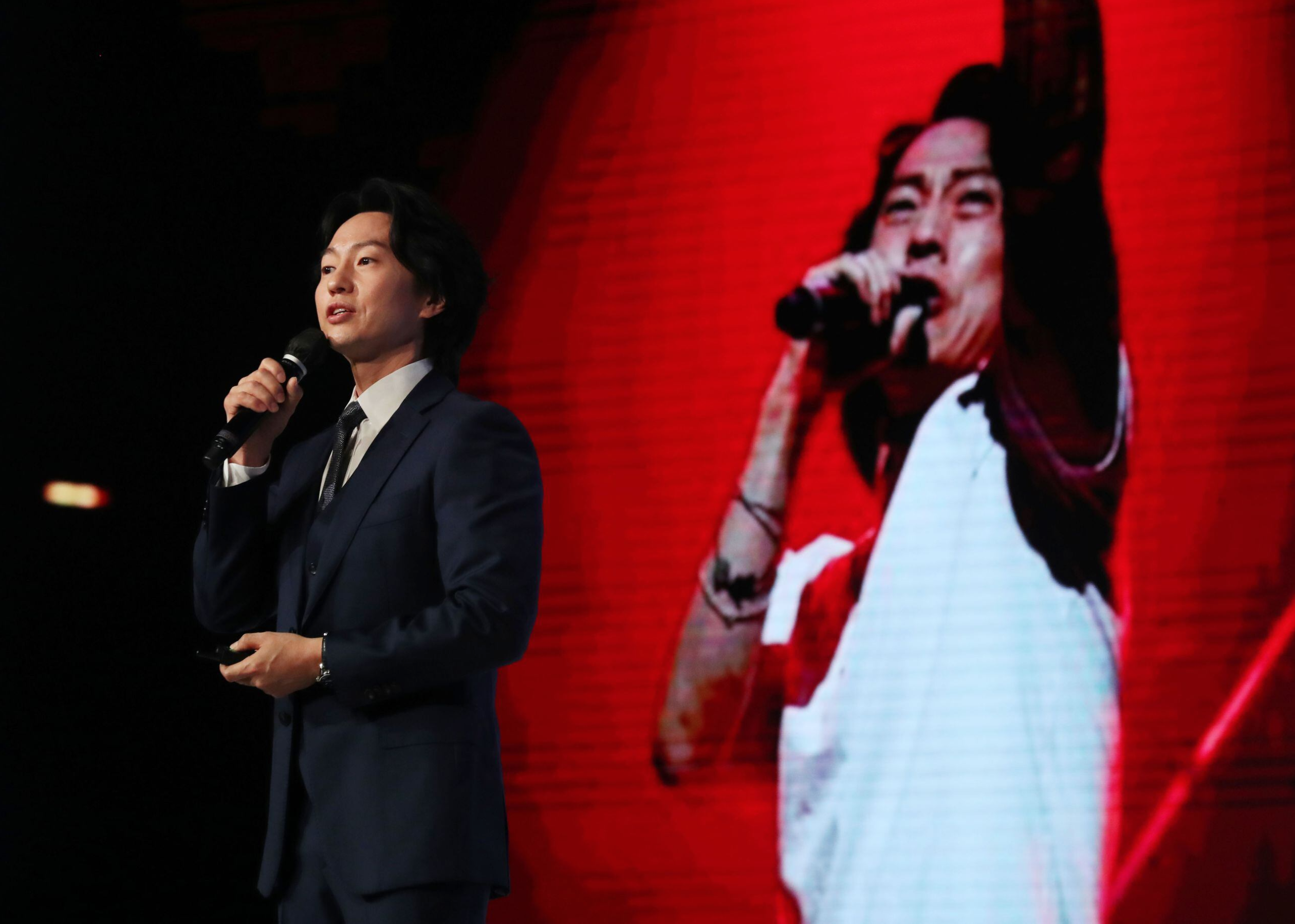Often, the fine art of leadership requires less of telling people what to do and more of asking those all-important questions. Old-style leadership paints a picture of an all-knowing, nearly infallible figurehead who orders people in the right direction. The leader is often imagined to be the one who has all the right answers. “He/she seems to know where we’re going. Let’s just obey.” In a world of increasing complexity, this is a skill proving indispensable for the leader who wants to evoke and provoke the right response.
In the following excerpt, taken from the book Rethinking Asia 4: Why Asia is Hopeful, Center for Asia Leadership Teaching Fellow Ami Valdemoro dissects the sometimes sensitive cultural matter of asking questions and speaking up. As a Filipino-American, a Third Culture baby, she can equally claim two countries on opposite ends of the globe as her home. Taking up a master’s degree in public policy at the Harvard Kennedy School of Government, in this excerpt, Valdemoro shares how wrestling with questions about her own cultural identity and sense of purpose was a major leadership watershed moment.
The full chapter “Topia” can be found in the book Rethinking Asia 4: Why Asia is Hopeful, a book by Acumen Publishing.
From the Balcony to the Dance Floor
It was a cold, dreary winter evening in Cambridge, Massachusetts. At 5 p.m., when I walked back to my house from campus, it was nearly pitch black. I sat by the bay window of our beautiful third-floor apartment on Hingham Street, a pile of books and a generous glass of Pinot Noir in front of me. As I stared out into the gray, snowy haze and took another swig, I remembered how I had stocked up on wine at Trader Joe’s the day before J-term (or winter-break) classes started. This was going to be a long two weeks. The bottle was already half-empty.
I needed to start writing my reflection paper for Ron’s class, and I didn’t know how to begin. To do this work properly, I had to open up some serious emotional and psychological scars. I would have to admit openly, to some of the brightest minds that I had ever met in my life, that I had failed—epically. For an over-achieving student at Harvard, this exercise sounded at best ego-bruising and at worst masochistic.
Like any good student, I began to procrastinate. I checked Instagram for photos of my friends’ travels to warm, sunny oases—clearly, they had made the right decision to leave Cambridge. I cleaned my apartment, even though my flatmates were gone for the month.
Asking questions
Then, midway through mopping the dining-room area, I threw my hands in the air. Out loud, I shouted at anyone who was there to listen (just me), “Why does this matter? What’s the big deal? Why do you care so much?”
Ron had told us to trust the process as we went through his two-week intensive course. This wasn’t the last night that I questioned the process, myself, and just about everything else that could be questioned. Finally, out of the blue, on one of my long walks to and from campus, the answer to my question suddenly came to me. I realized that part of my fascination—or, dare I say it, obsession—with leadership was due in part to my cultural DNA. True, I wanted to understand what makes a good or bad leader. More than that, though, I wanted to know why certain societies were able to solve problems in their communities and why others can’t seem to succeed. To be more specific, why can’t the Philippines, once the Pearl of the Orient and a model emulated by countries like South Korea and Singapore, shake off its “Sick Man of Asia” reputation?
More questions poured out after this revelation. What can we learn from others as we face common challenges like poverty, sickness, and inequality? How can we work together with people from different contexts, backgrounds, and countries when our collective narratives paint others in an unflattering light? Why is it that in some places people welcome questions, whereas in others asking questions poses real risks?
The messy practice of leadership
By the time I finished my J-term class, I realized two things. First, asking questions is one of the most valuable practices of leadership. If I want to move a group of people from Point A to Point B, asking questions can help me understand how to guide them through that process. Just like my own journey in that snowy winter of 2013, it might be messy, and it might require them to give up some things.
But asking questions will give me the information I need to help them through that discomfort. Second, the stream of questions I was asking myself compelled me in one direction—east. In examining my own leadership case, I realized that my future lay not in my past work as a public health advocate but in Asia. I owed it to myself to seek answers to the questions that surfaced on those cold nights. Why did so many people in my parents’ generation leave the Philippines with no intention of returning? Why did I feel the need to prove that Filipinos can be as smart, driven, successful, and impactful as other ethnic groups in America? Why had I remained silent about the harmful things I had seen and experienced? What took my power away, and how could I regain it?
In order to complete this quest for understanding and leadership, I had to go to the Philippines after graduating from HKS. I had to wrestle with my cultural DNA and learn how the place where I came from affected my leadership style. I had to try. So, at the end of that year, I journeyed all the way to Manila, where I have lived and worked for the past four years.
The cultural & internal clash
I knew I had to go to the Philippines, but I boarded the plane unsure of how I would adapt to my new surroundings. No sooner had I landed in Ninoy Aquino International Airport that I found myself addressing others as “Miss” or “Sir” instead of calling everyone by their first name, as I usually did. I began to punctuate each “yes” or “no” with “po”, a suffix in Tagalog added when addressing an elder or someone with more (perceived or actual) authority. These might seem like small changes, but they created a distance between me and my interlocutors, implying that they had more authority or power than I did. I was a young woman used to working side by side with my bosses as we stuffed envelopes for health-advocacy campaigns—yet, all of a sudden, I was showing subservience to people I had just met.
On the best days, it made me feel good knowing that I was respecting the cultural norms of the Philippines. On worse days, it felt like a violation of my feminist, Western upbringing—why was I deferring to people simply because they were older, wiser, richer, or more established than I was? What had they done to deserve that reverence? To be honest, it’s an adaptation that I still struggle with, almost four years later. I cry less now, but every now and then I still have experiences that make me throw up my hands in frustration and wonder if I’ve done the right thing in coming here, at the expense of friends, family, a more lucrative job, and other creature comforts available in the U.S.
The change in myself also made me think about other visitors to Asia. If I could be swayed by the power dynamics in the Philippines, one of the most Western of the Asian nations, how would people from other countries respond to them? How would I fare in countries like Korea, Japan, or China, where I would be teaching during this fellowship and where public perception and even popular culture suggests an even more rigid power structure? Given these circumstances, I didn’t know how I could expect my students to tackle issues like what it means to work and live in Asia and how the constraints of tradition, a rigid social hierarchy, and unequal power dynamics affect individual actions.
In many countries in Asia, daring to engage with an authority figure even in a seemingly harmless classroom discussion is still perceived as at odds with deeply-cherished cultural values of deference, respect, and obedience. During a teaching fellowship with the Center for Asia Leadership, Valdemoro soon discovers that asking questions is a powerful and disarming leadership skill that empowers people to step back, reflect, and speak up. Students from countries like Japan, Korea, and the Philippines, who attended CAL’s Asia Union Leadership Summit in July 2017, realized that leadership often begins with a question.
By Ami Valdemoro

